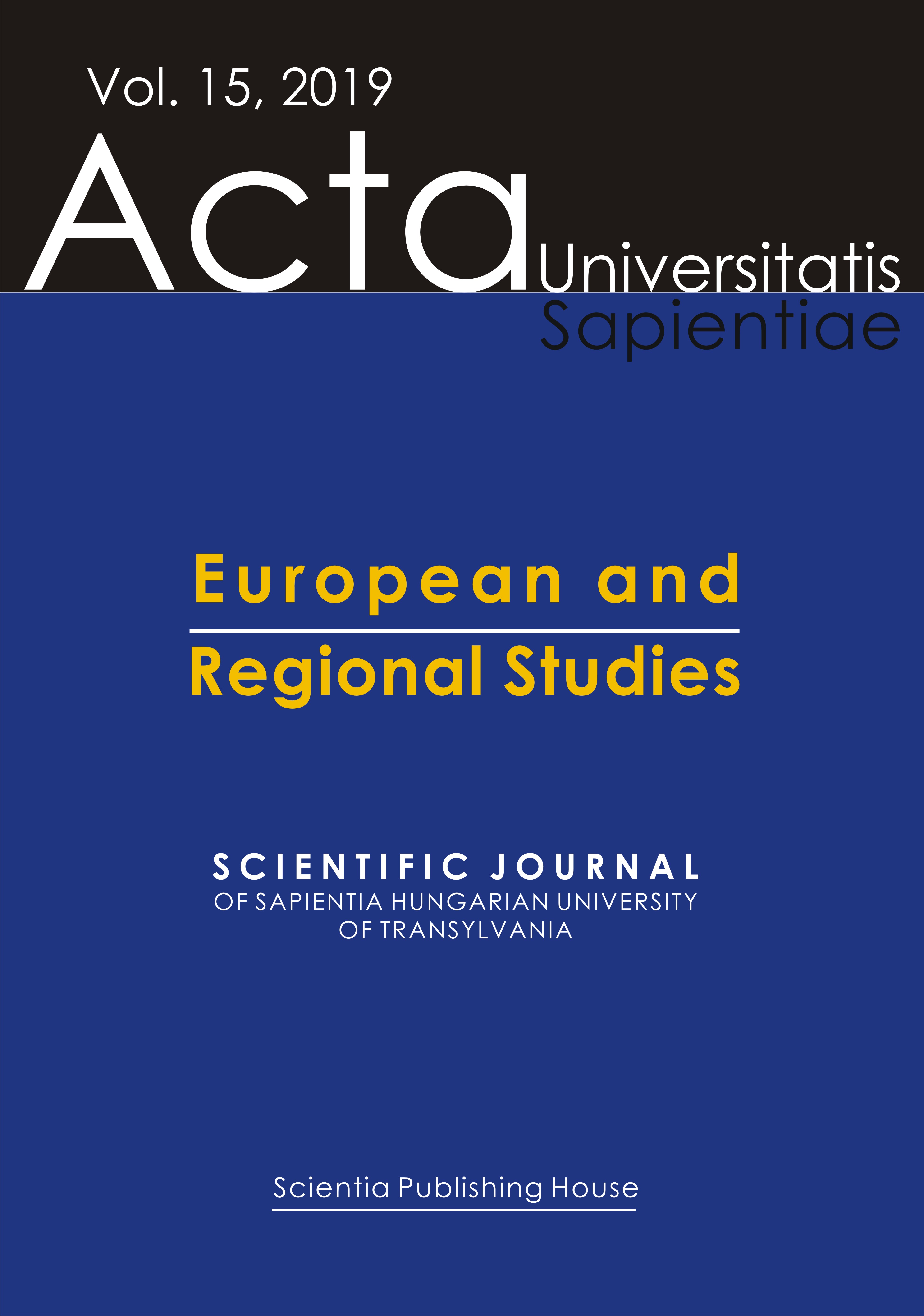The Polish–Lithuanian Commonwealth as a Border Experience of the City
The Polish–Lithuanian Commonwealth as a Border Experience of the City
Author(s): Iwona Barwicka-TylekSubject(s): History, Cultural history, Geography, Regional studies, Regional Geography
Published by: Scientia Kiadó
Keywords: urbs and civitas; Polish republicanism; urban history; history of Central Europe; cities;
Summary/Abstract: Referring to Fustel de Coulanges’ distinction of urbs and civitas, the article discusses political theory and practice in 16th-17th-century Poland. While in western Europe an important shift in the notion of politics took place, and the civitas aspect of cities deteriorated as they were conquered by new centralized nation-states, the Polish–Lithuanian Commonwealth was an attempt to recreate the ancient and mediaeval concept of civitas – a community of free citizens, actively participating in the government – at the state level. As its proponents, such as Stanisław Sarnicki, argued, Poland was to become a city rather than a state, and so the theoretical justification, political practice, and eventual failure of this project is an interesting, though extreme, historical example of difficulties embedded in a more universal ‘quest for the political form that would permit the gathering of the energies of the city while escaping the fate of the city’ (Manent 2013: 5).
Journal: Acta Universitatis Sapientiae, European and Regional Studies
- Issue Year: 2019
- Issue No: 15
- Page Range: 15-30
- Page Count: 16
- Language: English

